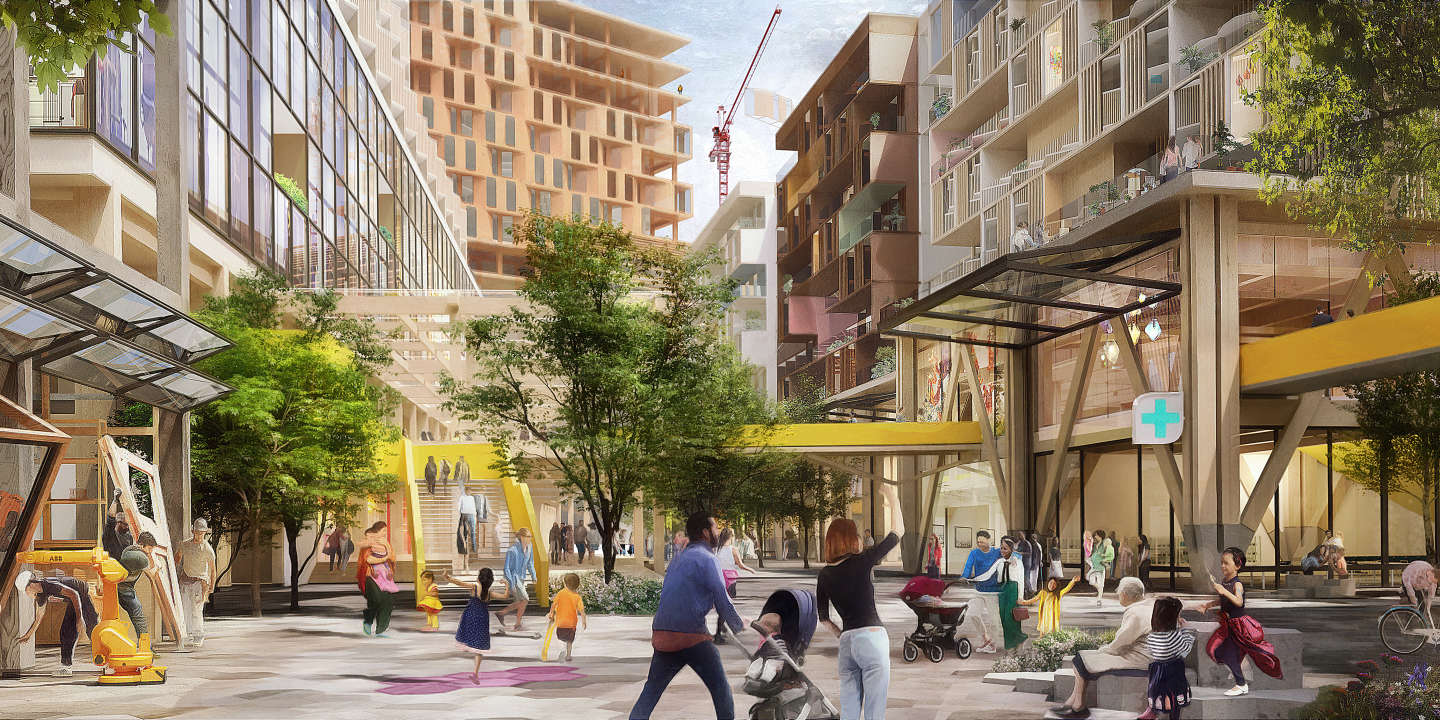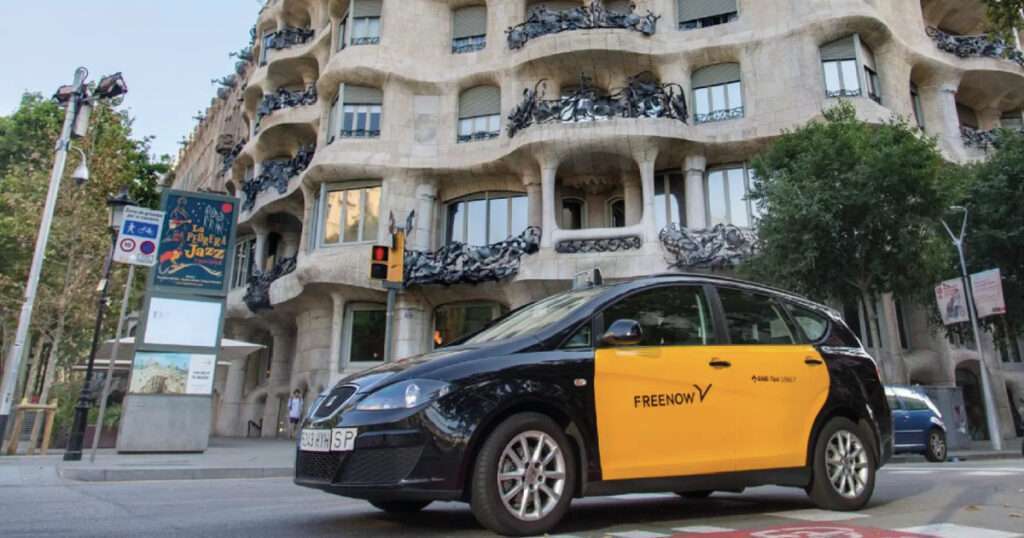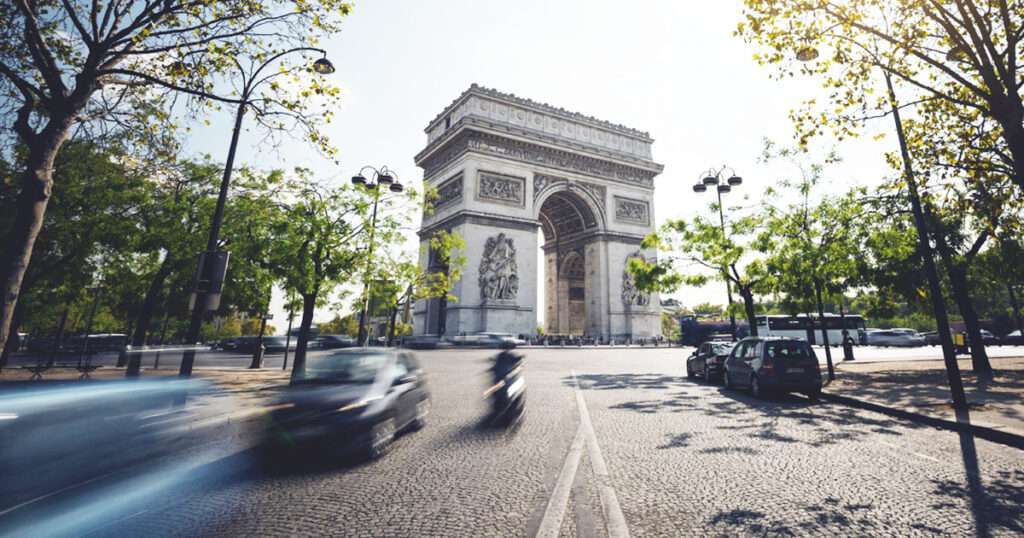Initially planned on 5 hectares, it is finally on 70 hectares that Google intends to build its futuristic ultra-connected city. The project that would see the light of day in Toronto would cost the multinational nearly 3.9 billion dollars. The future streets full of sensors and cameras are already attracting criticism. In this article, Lyko tells you more about this smart-city.
The future temple of urban innovation
A little more than a year after receiving approval from the authorities to start the plans, Sidewalk Labs, the subsidiary of Alphabet (Google’s parent company) dedicated to urban innovations, unveiled on Monday 23 June the plans for the smart city project. It plans to build on the docks of Canada’s largest city.
In a 1,500-page document, the American giant unveiled a preview of its dream city. The traffic lights will be able to measure the speed of pedestrians crossing the road. Sensors will be installed in pedestrian streets to measure the flow of pedestrians. There will be autonomous cars, the streets will be heated in winter, and robots should be able to collect waste. This part of Toronto will of course be fully connected to the Internet. In spite of all these new technologies, the multinational company is placing a lot of importance on the quality of life of the inhabitants. They want to promote soft mobility and wooden buildings.
An ambitious and solidary project
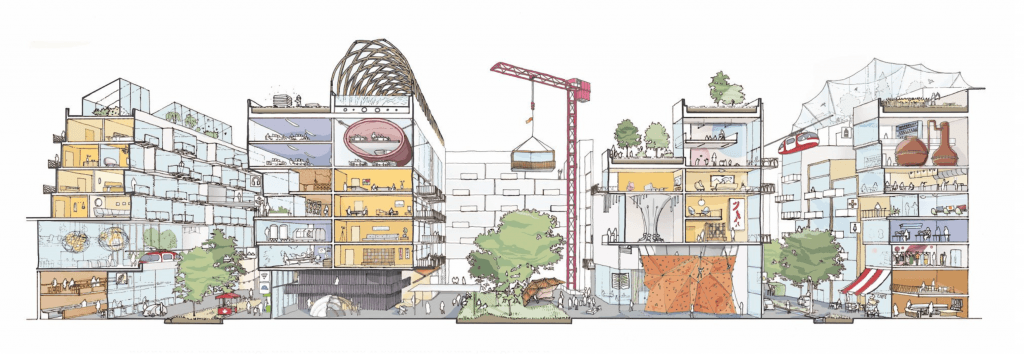
The Alphabet subsidiary plans to begin construction of this smart city by 2022, provided that the local authorities and the Canadian government accept the overall project. The cost is estimated at $3.9 billion by Sidewalk Lab, which plans to play a leading role by investing $900 million in the project.
If Google wants to locate its Canadian headquarters there, the brownfields that were razed to build this smart-city will not be host to Google engineers or guinea pigs. These new districts are intended to accommodate thousands of inhabitants, some of whom will be entitled to moderate rents (-40% below market prices), the company assures. It also promises a total of 44,000 jobs and a $14.2 billion contribution to Toronto’s economy by 2040 when the project is completed. Moreover, Alphabet intends to earn money by selling or renting housing and providing certain services. According to them, it will be able to make the project profitable as early as 2028.
The smart-city that worries
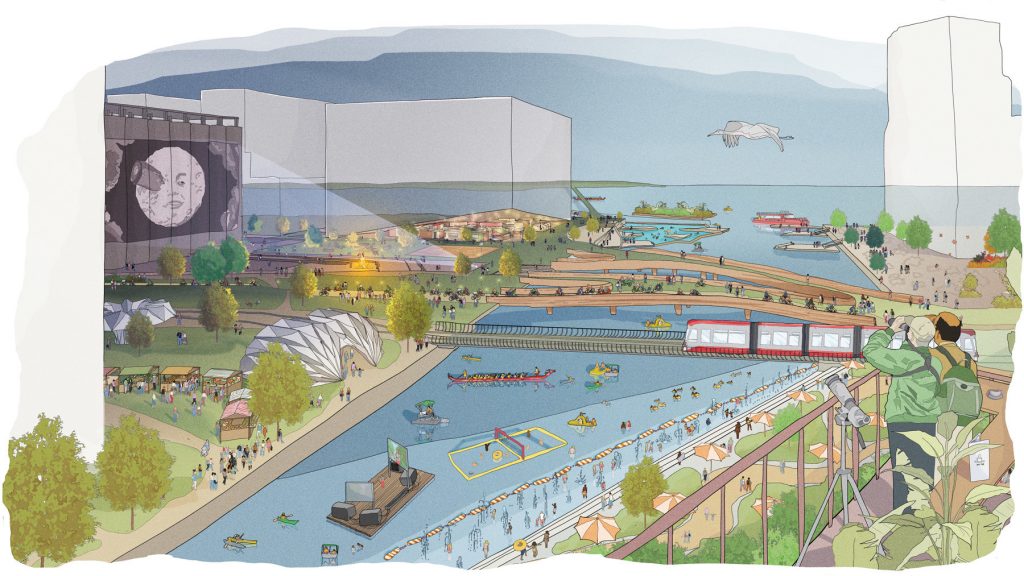
Critical voices have been heard from the moment this plan was presented. “This project puts public policy in the hands of a corporation by removing it from democracy,” said Bianca Wylie, head of the Centre for International Governance Innovation. “This is not a roadmap for a smart city, it’s an assault on our democracy,” said Jim Balsillie, former director of Canada’s BlackBerry company. Sidewalk Labs tried to reassure by saying that all data will be anonymized and that an external committee would decide on its use. To discover also the French version of the project, “Transpolis“.
